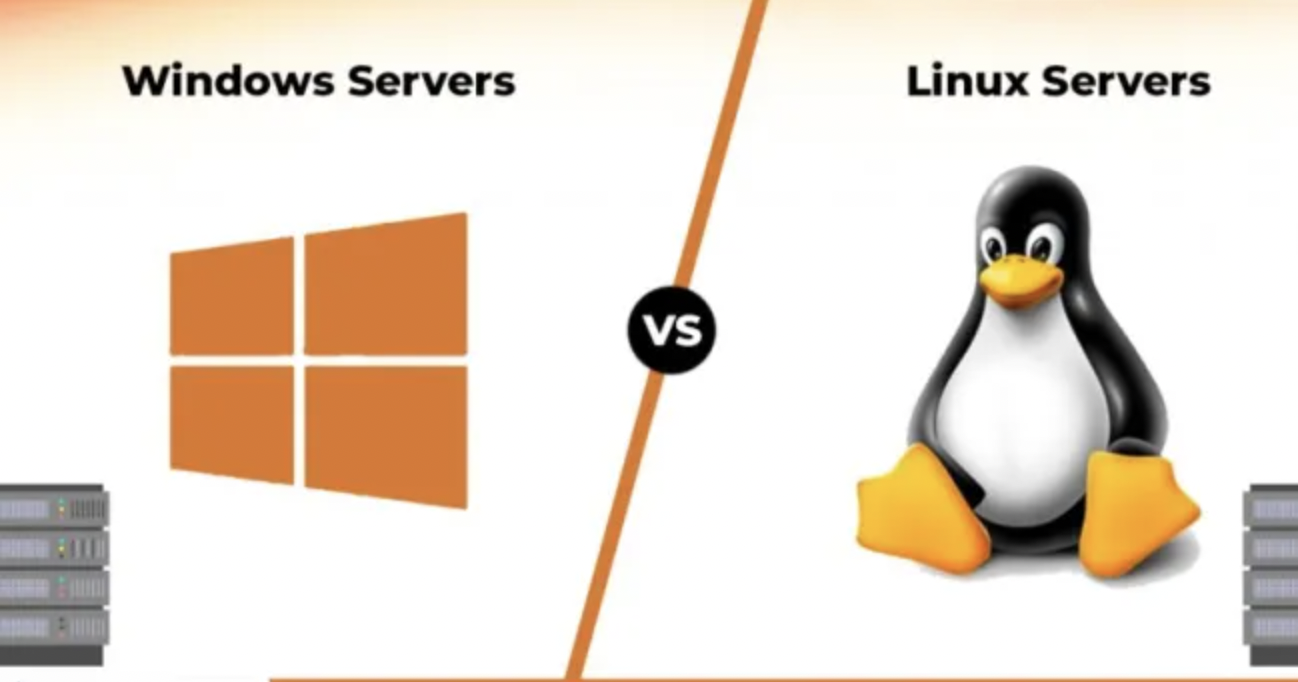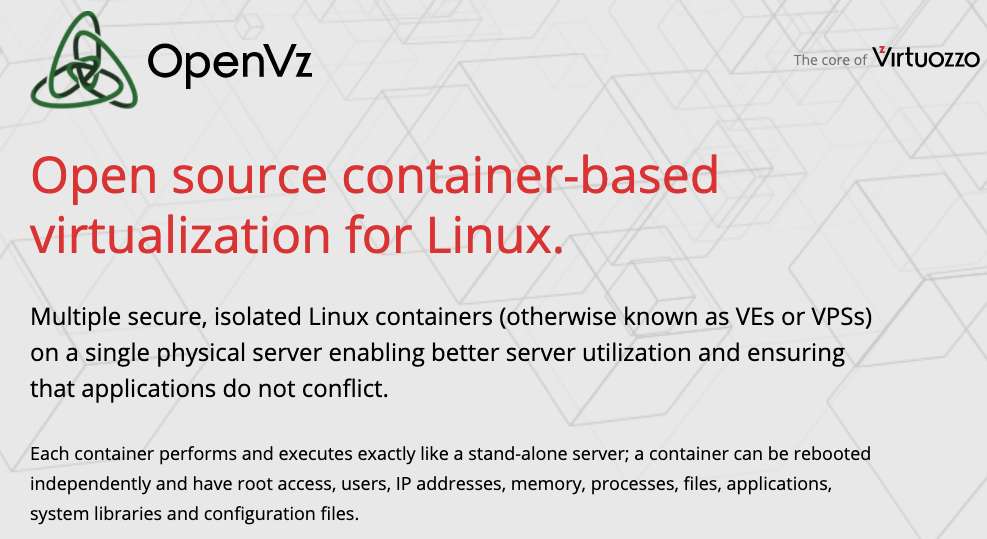
Difference Between Linux VPS and Windows VPS
Different online businesses require different web hosting services. In fact, many companies prefer a VPS hosting solution for their needs since it provides a more stable and predictable web hosting environment.
If you’ve been considering opting for a VPS solution for your business, we’d like to name the two most popular operating systems: Windows and Linux. They power over 60% of all websites, and several are managed through VPS hosting. So, what are the differences between Linux and Windows VPS? Find out in this article!
What Is a VPS?
VPS is an acronym for a Virtual Private Server. A single server is divided into multiple virtual ones to create a VPS. Each divided virtual server has its dedicated resources, such as RAM and disk space. The Linux VPS can use any OS from Debian, CentOS, or Ubuntu since they all run on the same Unix Kernel.
A virtual private server is a go-to choice for fast-growing businesses since it allows for faster and more efficient scalability. Unlike many other solutions, VPS is an excellent option if you don’t want to rethink your entire web hosting plan after a few months!
Linux VPS and Windows VPS
The fundamental difference between Linux VPS and Windows VPS is based on the technology that manages the virtual servers.

The Windows VPS service is managed by the Windows OS, precisely one of the Windows Server versions. It relies on Microsoft solutions and tools for website and database management, and only large enterprises with extensive budgets typically opt for Windows VPS due to the high operating costs.

On the contrary, the Linux VPS uses the Linux OS and relies on open-source web development tools and database platforms. Small and medium-sized businesses utilize the Linux VPS as it is cheaper and easier to use. Let’s look into the differences in more detail.
Differences Between Linux And Windows VPS
We’ve selected a few vital metrics for establishing the difference between Linus and Windows VPS. We’ve compared both head-to-head in each section to facilitate ease of understanding and reading. We will focus on performance, cost, security, and flexibility.
Performance
A web hosting OS must prioritize speed and stability. In VPS hosting, the OS should have the capacity to be optimized for faster speeds and improve performance. Optimization can include fine-tuning the hosting environment to maximize website performance and faster, more responsive server provisioning driven by multicore servers.
While both Linux VPS and Windows VPS are incomparable in performance, the Linux OS typically uses a command-line interface, which consumes less RAM. The Windows environment is based on a graphical user interface (GUI) and consumes more RAM in most usage scenarios. Linux is also considered to be the more stable web hosting choice.
Windows is equally performance-driven, but you might have realized it requires numerous resources to keep performance stable. This has far-reaching consequences, affecting costs and limiting Microsoft’s target market.
Cost
Linux is open-source software, so it naturally costs less than Windows. Since it’s open-source, the user community is free to study or change the software to enhance its performance or introduce new functionality. The users can also distribute the software to other people, something which can’t be done on Windows.
Moreover, Linux offers enterprise-level functionality to users, such as bringing down the cost of managing the VPS environment. Since the OS is free, business owners can charge customers less and build trust through efficient pricing strategies.
On the other hand, Windows charges high licensing fees, which small-scale startups and medium-sized businesses might have an issue paying. Additionally, if you opt for the solution and the hosting provider does not have a Windows license, they’ll pass on the fee to you. Linux is a clear winner when it comes to the cost category.
Security
Repelling cybercriminals, protecting sensitive user data, and efficiently managing web traffic are crucial security concerns for any business. A VPS hosting solution needs robust security measures, depending on the OS managing the hosting environment.
Windows is one of the most frequently attacked operating systems. According to AV Test’s 2019/2020 report, approximately 78% of Windows systems were the target of all malware attacks in 2019 and the first quarter of 2020. However, Windows is dedicated to bringing new security measures every time it updates the OS version.
On the other hand, Linux has a massive user community that consists of expert software engineers who collectively work to develop better and more robust security features to preserve the Linux operating system’s performance.
Since Linux systems don’t even cover half of the world’s computer users, it has a smaller target on its back and is less vulnerable to security concerns. And, if a problem still lands in the Linux environment, its community can resolve the issue quickly.
Flexibility
Scalability is one of the reasons business owners prefer VPS hosting. Suppose one business requires a solution to run multiple sites, while another requires a solution for using various tools to manage a growing operation. In such a case, the VPS service provider needs a single solution that is flexible enough to address the needs of every client.
One of the key differences between Linux and Windows VPS solutions is that Linux provides more options for selecting your tools and CMS. With Windows, your choices will be limited to a single company’s software. You will also have to learn about different Microsoft-based technologies like ASP and the Microsoft SQL Server.
On the flip side, Linux supports an extensive range of options and makes adding them to the hosting environment cheaper. If you don’t want to be tied down to a specific set of tools and resources, Windows might not be ideal for you.
Conclusion
We hope you liked reading our article and learning the differences between Linux and Windows VPS. As you can realize from the difference, one VPS solution is not better than the other. Linux VPS and Windows VPS are designed to cater to different people and organizations. Therefore, it will be in your best interests to choose a hosting service provider which provides both options!


